Prejudice, social tension, abuse and even physical attack have dogged the Irish Traveller community since the group’s formation.
Widely considered to be among the most socially excluded communities in the UK, Travellers have endured what has been termed ‘the last acceptable racism’, experiencing such sustained and virulent xenophobic sentiment in the media and elsewhere, that it is no wonder why there is often little regular contact between them and other members of society, and therefore much mutual suspicion and incomprehension.
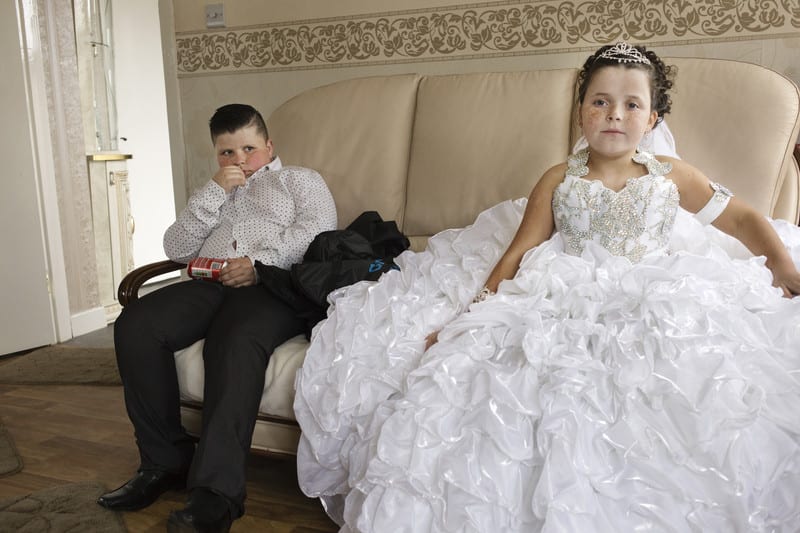
“It really took me a while” Kaufmann says. “When I came to them as a German, and not a native English speaker, I didn’t understand them. I knew they understood me and I just told them that I’m really interested in their life, because we don’t have this group in Germany,” she explains. “They were surprised, they laughed. They did not think that I would come back, then I came back and it took me nearly three weeks visiting every day until I could really start to work with them.”
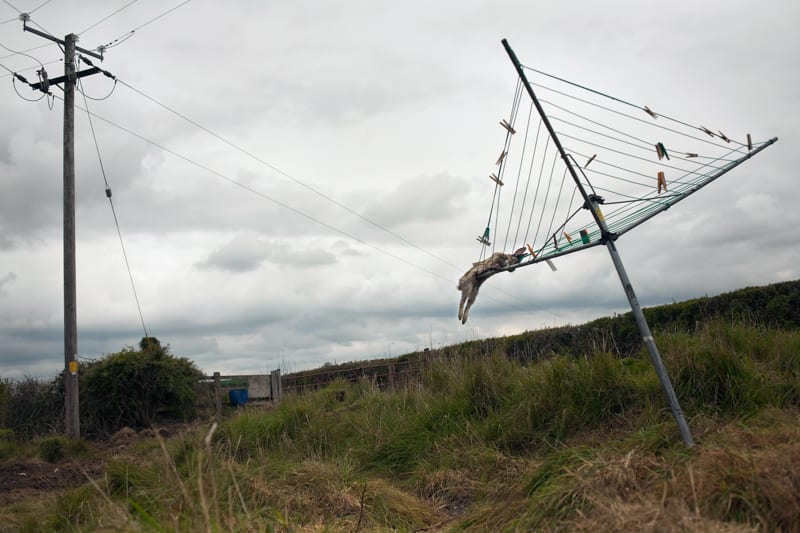
Kaufmann spent four years with the community, over time gaining their trust and eventually living with them – as an unobtrusive observer, her camera slowly became part of their daily lives.
The result is The Travellers, an intimate monograph that captures the mundane routines and habits of one big family clan, with the aim to banish the negative stigma’s to which the group have been unduly bestowed.
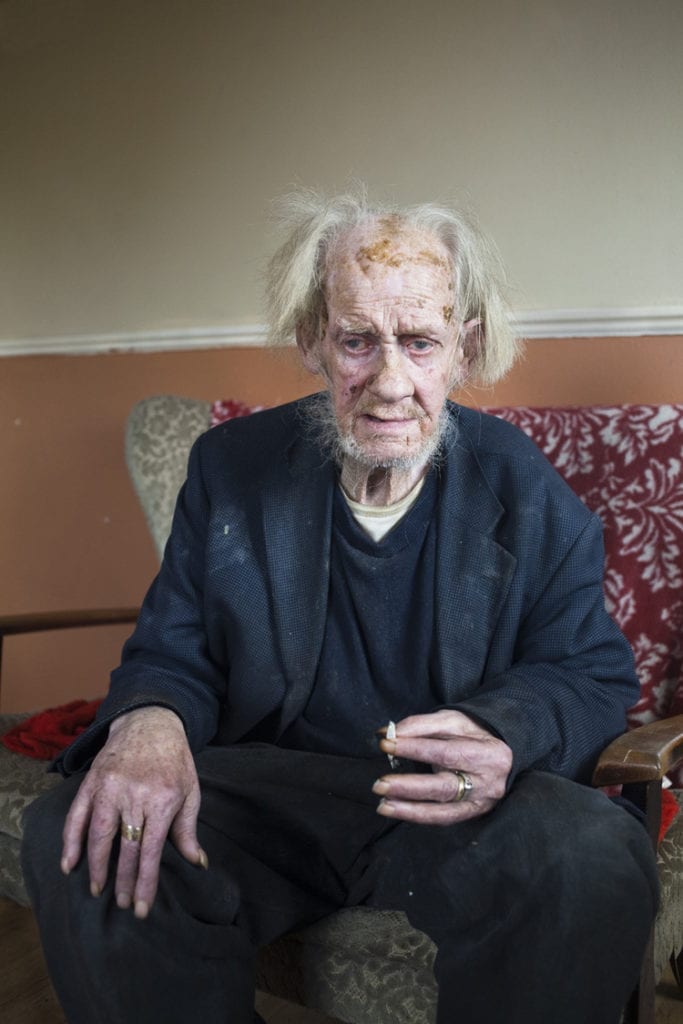
“Men don’t typically speak to women in public, and for a long time I couldn’t take my pictures in the male world of the community. They would let me in for a couple of minutes, and then tell me to leave, because I am a woman,” she explains.
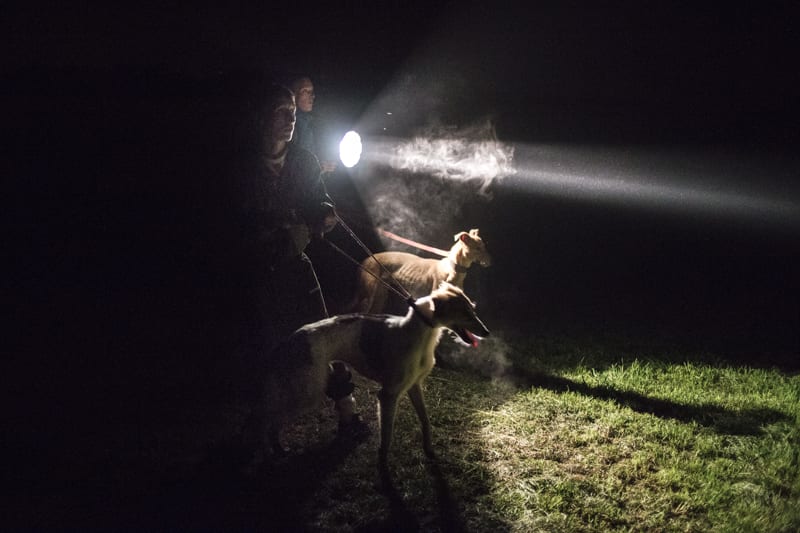
“There was a point when the males of the group went hunting in the night, and I told them I wanted to go with them to take photographs,” Kaufmann recalls. “They said I wasn’t allowed, but I argued, ‘how can I take a photograph if I don’t go?’ There was a big discussion, they even asked me if I could walk that long, as a woman. After a while, they let me go with them – it was then that I knew they had accepted me.”
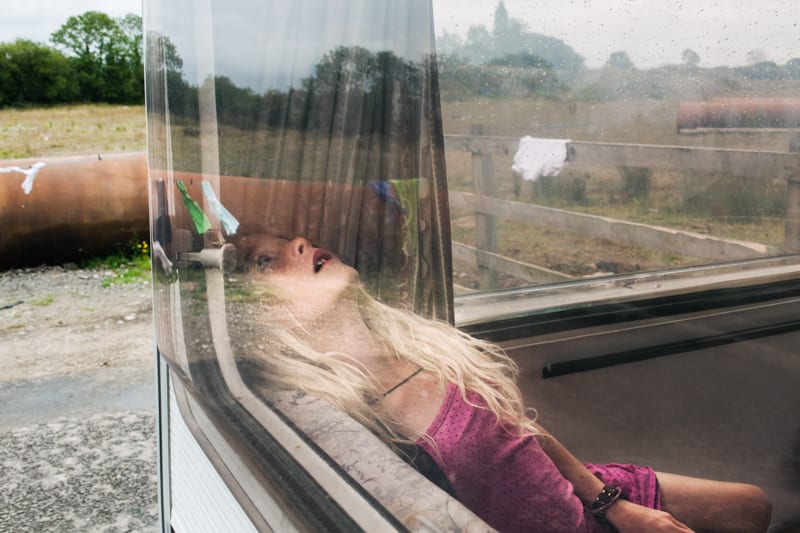
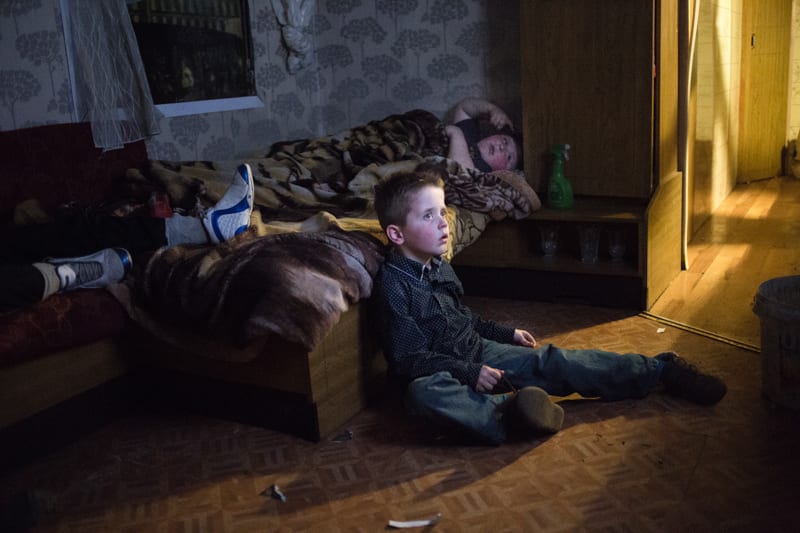
“I wanted to capture the Travellers way of life and their values in pictures,” she explains. “In doing so, I did not want to romanticise them, but rather show their everyday life, a life where people still hunt rabbits and where horses play a vital role, but also a life that contains hardship and boredom from an early age.”
Kaufmann has done just that, with a raw veracity, The Travellers provides a startling yet honest portrait into this unknown, complex and marginalised community.
The Travellers by Birte Kaufmann, published by Verlag Kettler, is priced at £42. For more, go here.
